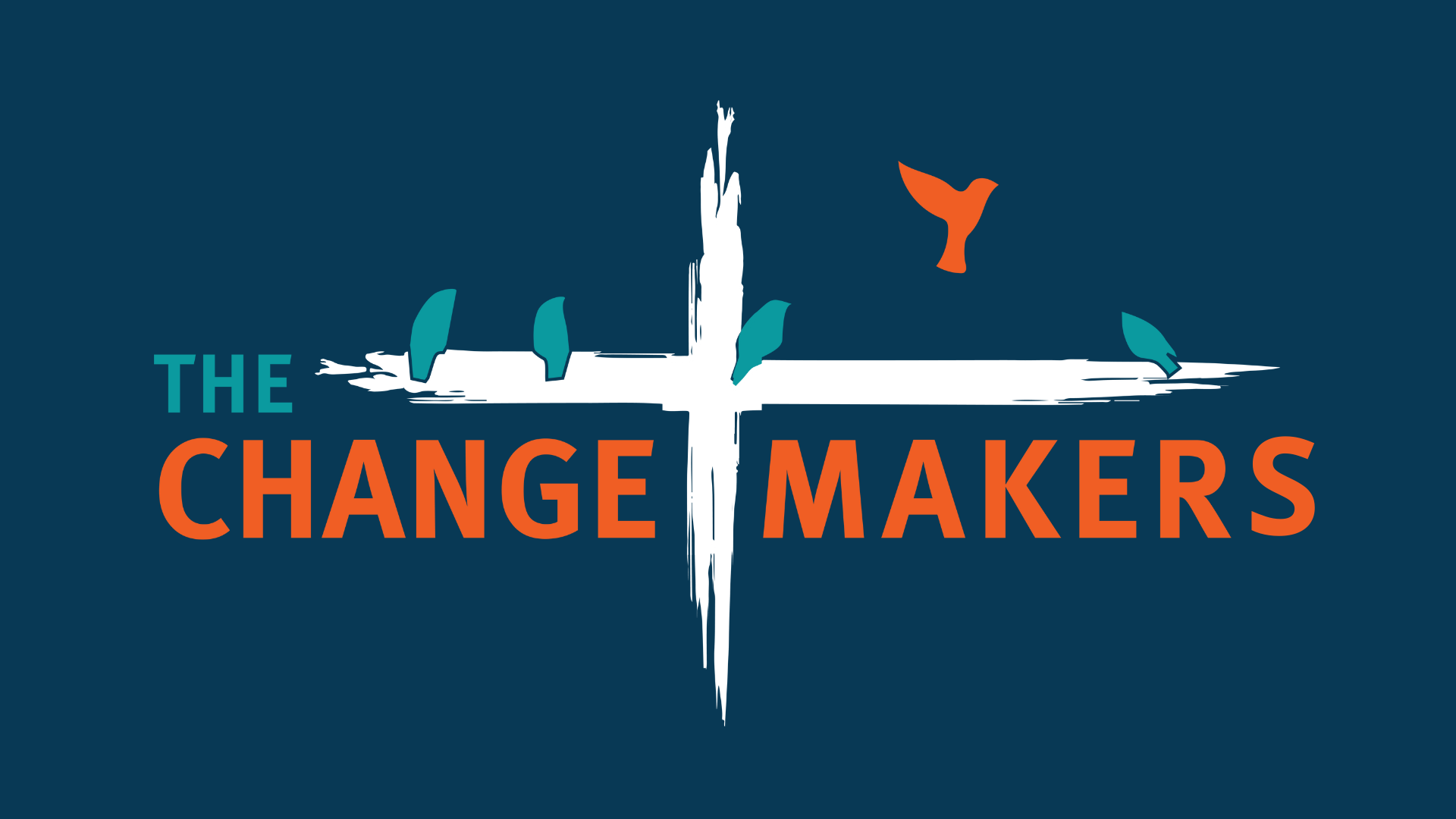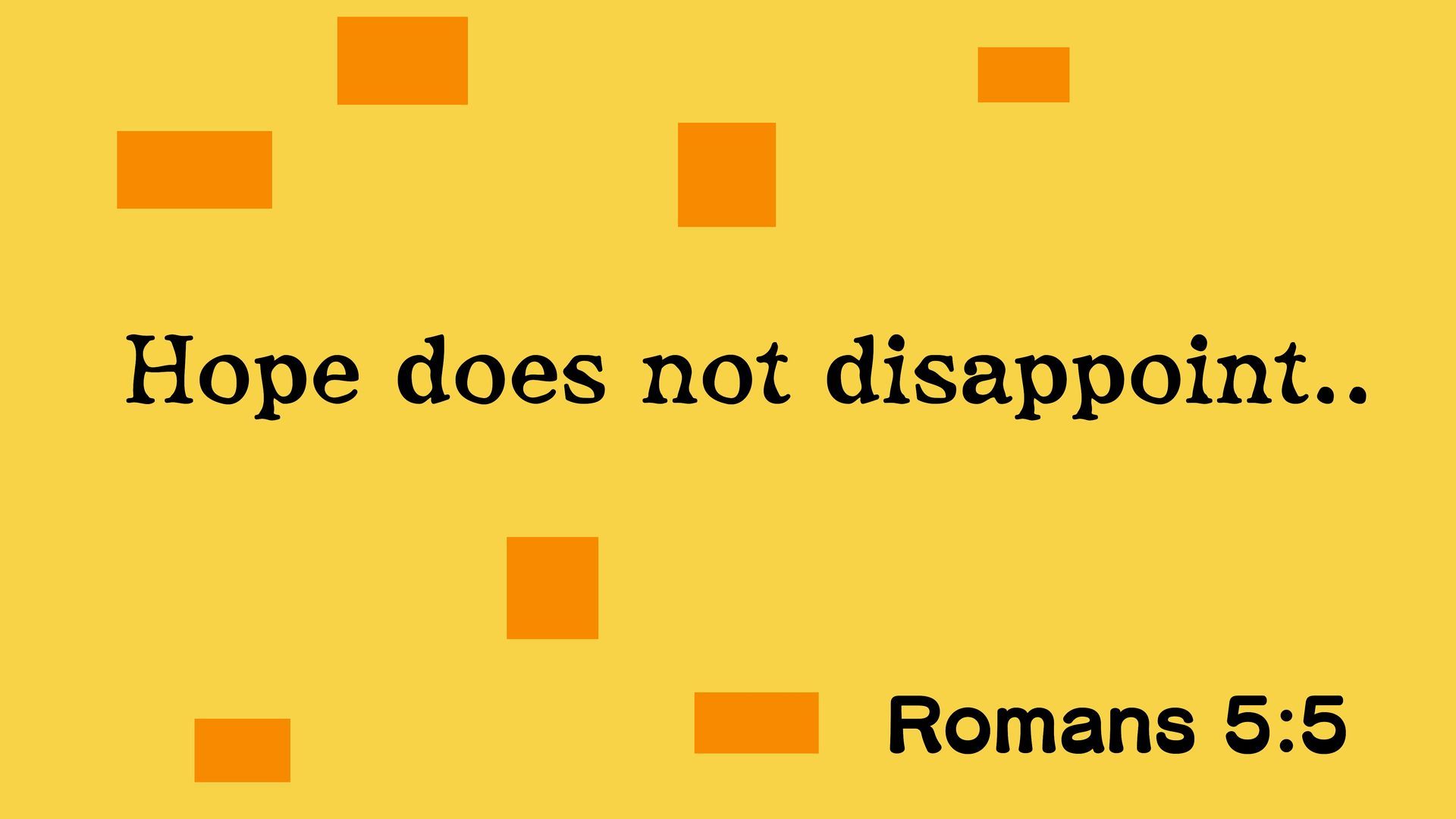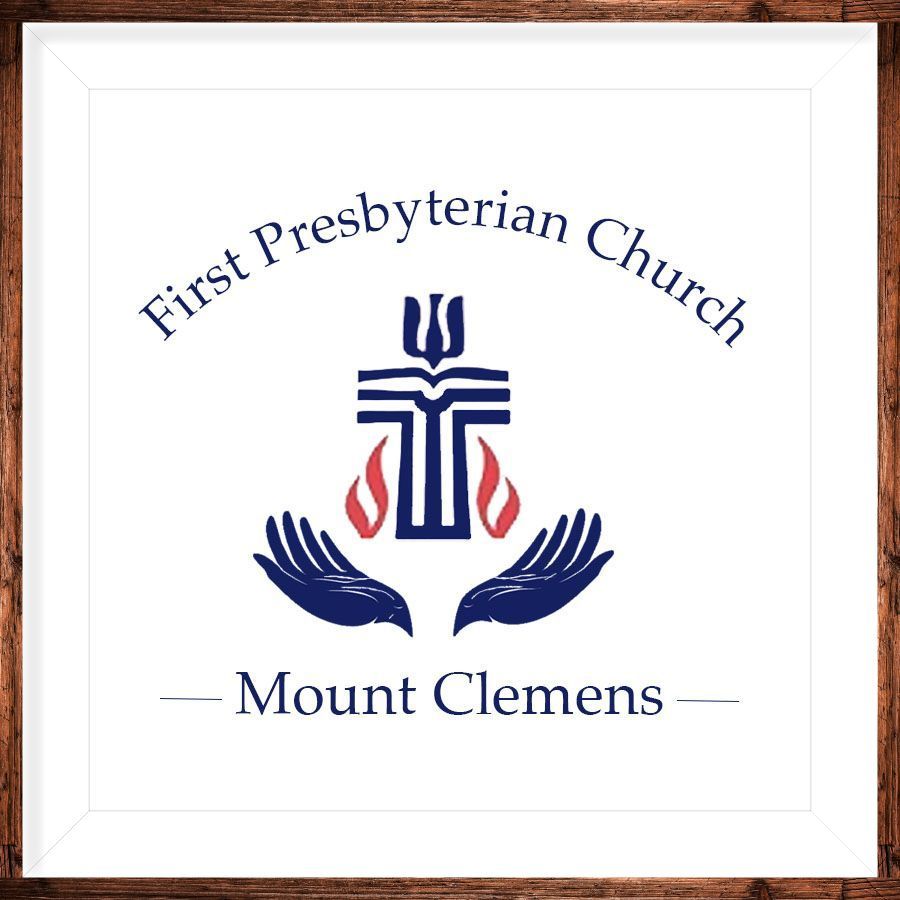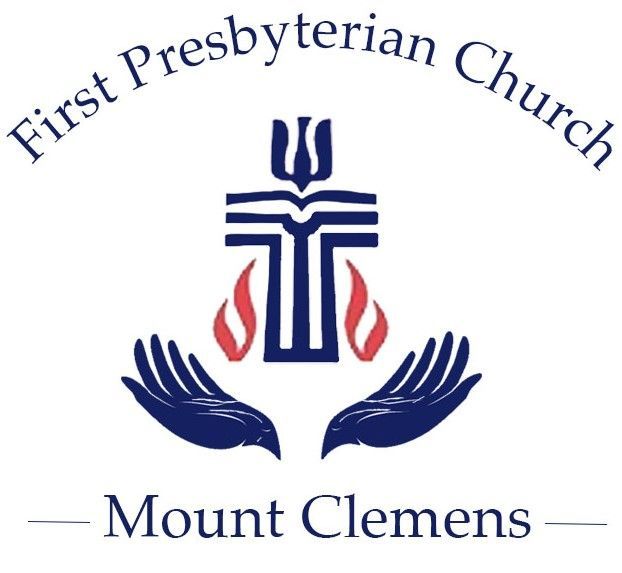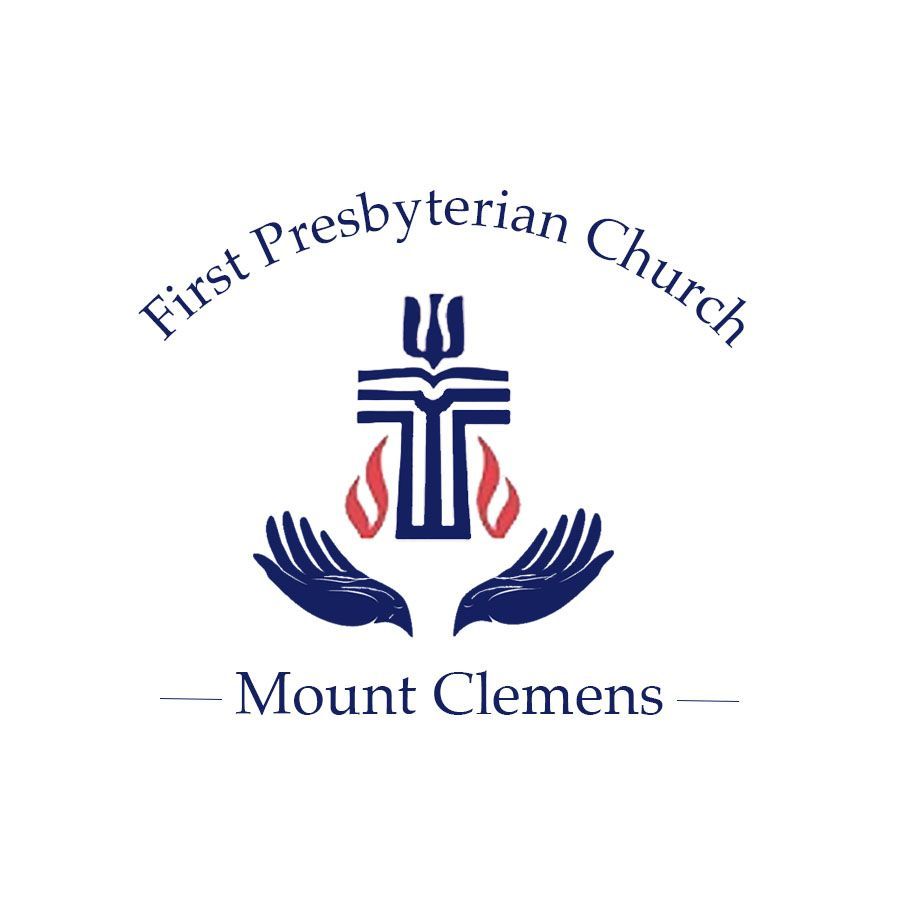The Apostle Paul followed the Law of Connection.

“Paul then stood up in the meeting of the Areopagus and said: ‘People of Athens! I see that in every way you are very religious. For as I walked around and looked carefully at your objects of worship, I even found an altar with this inscription: to an unknown god. So, you are ignorant of the very thing you worship—and this is what I am going to proclaim to you.’” Acts 17:22-23
Dear Friends,
As we enter the Season of Easter, we see new life all around us. The trees and plants will begin to sprout new leaves and flowers. A word we might want to consider is “anticipation.”
Anticipation might have been the experiences of the early apostles. At Pentecost they are given the power by the Holy Spirit to go out and spread the word about Jesus. In the Book of Acts, Luke gives us a history of those early activities. Yet, they also needed “courage” because they would receive opposition amongst those who were not ready to hear the message.
We may have a different mission field then the apostles did, but we can also find opposition in our own community. There are people in our time who do not know God. To them, the God we worship and glorify is a foreign thought.
John Maxwell says that the apostle Paul followed the “Law of Connection” with the people he encountered. We can hear this law playing out in the four sermons found in the book of Acts (Acts 2:14-36; 7:2-53; 13:16-41; and 17:22-51), Paul was able to connect with diverse cultures by showing that the understood both Greek society and human needs.
Here is the outline that John Maxwell sees taking place in Paul’s sermons:
- He began with affirmation (v. 22).
- He bridged his subject with the familiar (v. 23)
- He enlarged their vision of God (vv. 24:25).
- He used inclusive language (v. 26),
- He gave them encouragement and hope (v. 27).
- He identified with their own poets (v. 28).
- He gave them specific action steps (vv. 29-31).
John Maxwell says that good leaders connect before they expect, and connection precedes decision. The result of this sermon was that some people sneered, some people wanted to hear more, and some people followed immediately (vv. 32-34).
Following the excitement of Easter, we too may be full of anticipation and hope. Yet, we know that we too face challenges in the way we connect to the unbeliever. Our mission is to reach out to the unbelievers within our community. Is it possible that Maxwell is onto something here? Could Paul’s approach also help us to build bridges with those in our community?
I hope that you will take some time to read the sermons shown above and see if you see the same pattern emerging, learn from them, and put them into practice in your own encounters with members of our community. Listen to them even in my sermons. Sometimes our encounters with people can be so adversarial, but if we learn to make a connection first, to understand the perspectives of the other, we can have a significant impact in our time. Remember that even in our fest efforts, we will face opposition and worse, but if we can change the life of one person, it will be worth it. With the excitements of Easter behind us, may we be the bridge builders of our time.
To God be the glory forever and ever.
I thank God for you,
Pastor Kathy Nealand
